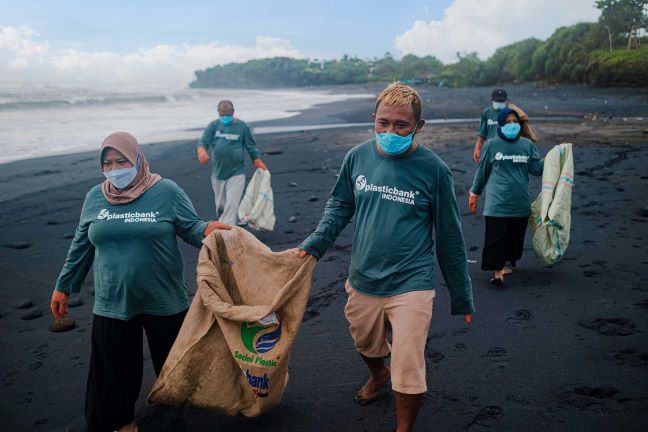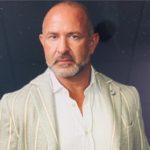Finding the World’s “Richest Opportunity” with Plastic Bank Founder and CEO David Katz
Featured Members

Plastic Bank builds ethical recycling ecosystems in coastal communities by connecting an overlooked
source of plastic materials with the global manufacturing supply chain. Collection community members gather plastic waste from beachfronts, rivers, and households and exchange it for secure income at Plastic Banks community centers. The premium they receive on materials helps them provide basic family necessities such as groceries, cooking fuel, school tuition, and health insurance. The collected material is reborn as Social Plastic®, a feedstock with positive social and environmental impact that can be easily reintegrated into products and packaging as part of a closed-loop supply chain.
How did Plastic Bank get its start? How do you begin to build a circular Economy?
On May 9, 2013, an idea to stop ocean plastic and help end poverty set me on the journey to create Plastic Bank. It was a journey that seemed insurmountable. To let it pass in a fleeting moment would have been simple, comfortable, secure. It was this great, small, soft voice that told me I didn’t need to have all the answers; I just needed to become the person that could gather the world together to bring the idea to life. From that moment I have been in continuous execution of Plastic Bank.
We are working toward a circular economy by creating a model that we can take globally to empower recycling ecosystems. We do this by revealing the inherent value in plastic waste to create a monetary system. This waste can become a treasure to fuel some of humanity’s most pressing needs: stopping ocean plastic and helping people transcend poverty.
You have committed to build the Plastic Bank portfolio to meaningfully advance the UN’s Sustainable Development Goals. How do you operationalize those aims in your business plan?
Plastic Bank is advancing all 17 UN Sustainable Development Goals, directly and indirectly, through our collaboration with various partners and community organizations. Our Impact Program and Social Plastic® partners deliver directly against the following Sustainable Development Goals: #1 No Poverty; #8 Decent Work and Economic Growth; #12 Responsible Consumption and Production; #14 Life Below Water; and #17 Partnerships for the Goals.
How is your work protecting water resources? What is one “win” you have experienced recently?
It is pointless to clean the ocean if plastic equivalent to one garbage truck continues to flow into the ocean every minute. We need to stop the plastic pouring into the ocean before we start cleaning the plastic that is already there. That is why we focus on collecting plastic in high-risk, vulnerable coastal communities.
As of August 10, 2022, we have collected more than 57.5 million kilograms of plastic waste, the equivalent of over 2.8 billion single-use 500ml plastic bottles.
Plastic Bank’s global partners include SC Johnson, Henkel, and more. How has their involvement in your company transformed or advanced your work?
There are multiple programs that enable our partners to make meaningful change. We offer opportunities to businesses of all sizes to be more sustainable by fighting global poverty and pollution. These partnerships make social and environmental impact that is completely traceable and auditable while providing purpose-based marketing collateral that serves an evolved generation of conscious consumers. Plastic offset certificates, product badges, and Social Plastic® feedstock in the forms of HDPE, LDPE, PET, and PP are available to businesses in any industry.
Our partners are like-minded organizations who share our quest for Ocean Stewardship in service to the planet and humanity.
Plastic Bank members earn digital tokens, manage, and spend their balance through a smartphone app. To what extent has access to technology impacted your ability to include more people in the program?
We created the PlasticBank® app as a fintech solution, powered by Alchemy™, an energy-efficient blockchain-secured impact ledger which enables traceable collection, secure income, and audit-ready impact reporting. Our ability to harness the technology of today is what has allowed us to scale globally.
Why do companies like yours and others have a responsibility to promote environmental management?
If you live on the planet, you have a responsibility to leave it better than you found it.
It is not environmental change we need, it is business change. Organizations are realizing that if regeneration of our planet is not a priority among their business practices, they will be left behind. Millennials, Gen Z, and future generations will support organizations that authentically take action to fix their own damage and the damage of the generations before them.

